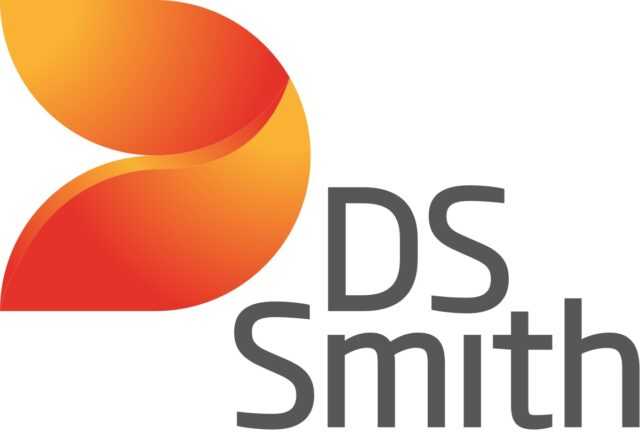ATLANTA, USA – Packaging leader DS Smith is pushing ahead in exploring outside-the-box options, testing materials typically seen in gardens, parks and beaches. In doing so, the company is working to give new life to alternative fibers for paper and cardboard, including daisies, straw, cocoa shells, miscanthus (grass) and seaweed – part of its efforts to invest in sustainable resources and reduce waste.
The research comes amid a national DS Smith survey in which 59% of consumers say recycling instructions are hard to find, while 63% are more likely to purchase well-marked products, a strong sign of environmental concerns driving shopper preferences.
As part of its $140 million investment in research and development announced last year, DS Smith has been conducting trials that use more sustainable material for packaging and cardboard fibers.
While it is unlikely that packaging of the future will smell like blooming daisies, freshly cut grass or even the ocean, the company says it is looking at exciting possibilities for sustainable packaging and designing out problem plastics.
Beyond the benefit of improving consumer convenience and recycling rates, the new materials could also help the packaging industry conserve water and energy. Both straw and miscanthus require significantly less energy and water than bio-based alternatives like plastic when being manufactured into packaging.
Miscanthus can grow in poor-quality soils on fallow farmland, while generating as many as three crop yields a year. Straw is seen as the most promising alternative fiber for widespread use due to its ability to be used in a wide range of applications. Quick-growing daisies, although early in DS Smith’s research, also have shown signs of producing high-quality fibers.
DS Smith already has tested using seaweed fibers as a raw material in a range of packaging solutions, from cartons to paper wraps to cardboard trays. The seaweed fibers demonstrated unique properties as a barrier coating, replacing problem plastics and petroleum-based packaging used to protect many foodstuffs.
“As a leader in sustainability, delivering real change is always top of mind. We know that producing recyclable paper-based options alone is not enough, and protecting natural resources is crucial to enabling sustainable development,” said Alison Berg, sustainability manager at DS Smith. “By pursuing more renewable resources for packaging, we are seeking to actively reduce our use of finite natural resources, and will continue to change packaging as we know it.”
The exploration of alternative fibers is part of the sustainable packaging provider’s pledge to optimize fiber use for individual supply chains in 100% of its packaging solutions by 2025, as part of its “Now and Next” strategy. By 2023, DS Smith will manufacture 100 percent reusable or recyclable packaging and its aim is that by 2030 all its packaging will be recycled or reused.


















